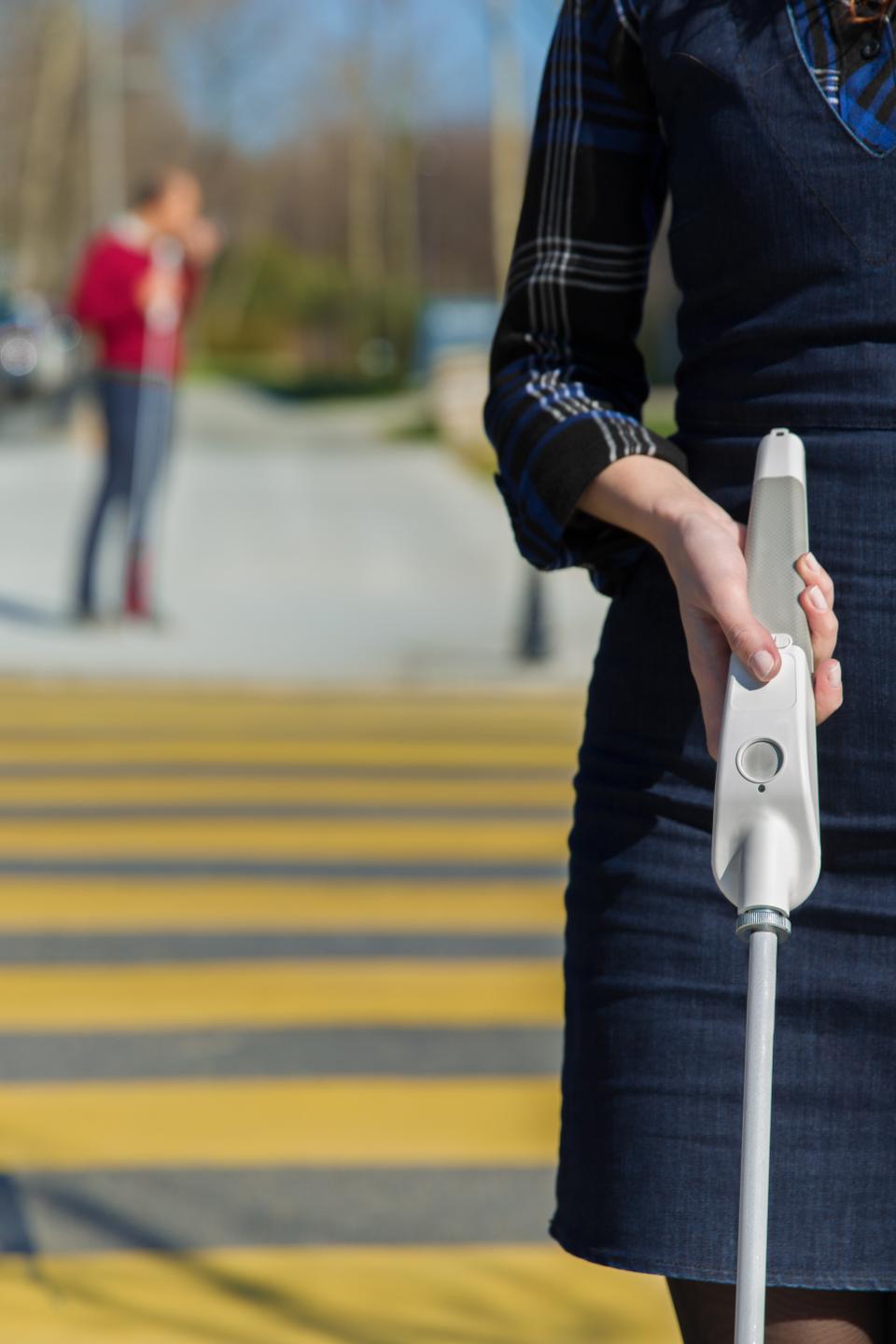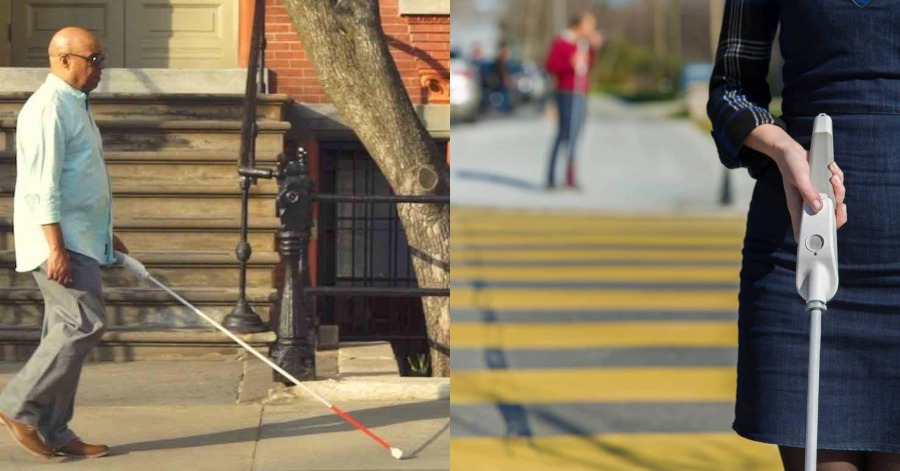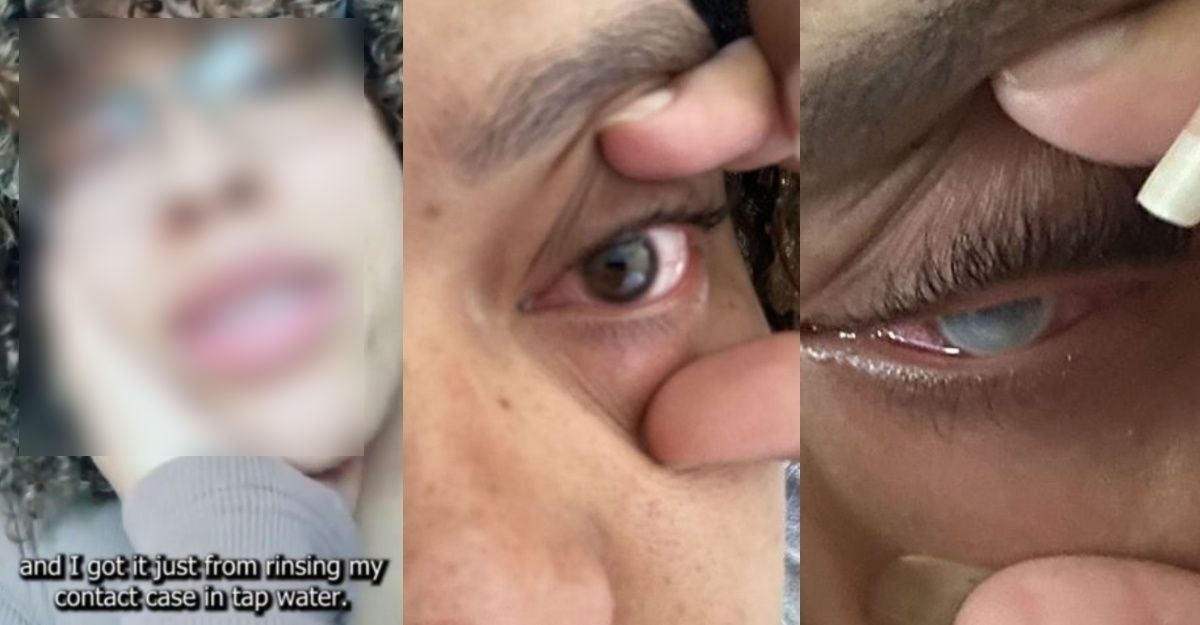This smart cane is designed to replace the traditional cane that the visually impaired would usually use – WeWALK smart cane offers users a sensor that detects hazardous objects around them via a smartphone app and regular software updates.
Kursat Ceylan, 34, is a man that has been visually impaired since birth. Born in Ankara, he went to a school for the blind in Istanbul and ended up getting himself into Turkey’s top universities, Bogazici University. He then became involved with the Young Guru Academy, a non-profit NGO based in Turkey.
Majoring in Guidance and Psychological Counseling, Kursat stayed in Oklahoma for a semester as an exchange student.
“We had started WeWALK as a project, with my mentor Emre Zorlu,” Ceylan tells TRT World. Zorlu is now an investor in WeWALK with Vestel Ventures.
The WeWALK project started in 2017, then becoming a company on 2019 where it has reached visually impaired people in 37 countries, Ceylan tells TRT.
This smart cane aims to increase the mobility and safety of the users, which they couldn’t really get from using a normal cane as it still imposes multiple dangers to them.
WeWALK has been chosen to be under Microsoft’s AI For Good project, and also featured in Time Magazines for Best Inventions 2019, even winning a gold Edison Award in Vision Enhancement 2018.
“We recently had our first seed investor round,” Ceylan tells TRT World, “about three months ago, for $750,000.”
The investor list, in addition to Vestel Ventures, includes business people such as Agah Ugur, the former CEO of Borusan; Ali Karabey, the founder of the 212 Capital Partners; Burak Sevilengul, former Executive Vice President of Marketing at Turkcell and a few more.
The WeWALK smart cane is both hardware and open software that would need to be updated from time to time. Having voice recognition and touch control, the weWALK cane connects to smartphones via Bluetooth and would usually cost $600 – but they have a sale for preorder, being only $450.
Ceylan realized how this invention is much needed when he was on his way to speak for the CPRD (United Nations’ Convention for the Rights of Persons with Disabilities) and hurt his head from hitting a pole his can didn’t catch, injuring himself.

“There are 253 million visually impaired people in the world,” he says. “Technology has come a long way. The white cane is a simple stick, it can be improved on with smart technology.”
WeWalk can detect obstacles at ground, neck, and chest level, alerting users when they come close with it, having a touch screen and a microphone on the cane.
The app is available for iOS and Android that could help the users with navigation, tell when the bus leaves, finding places to go with the feature “what’s around me” that tells them where they are and what’s there for them to explore.







Leave a Comment